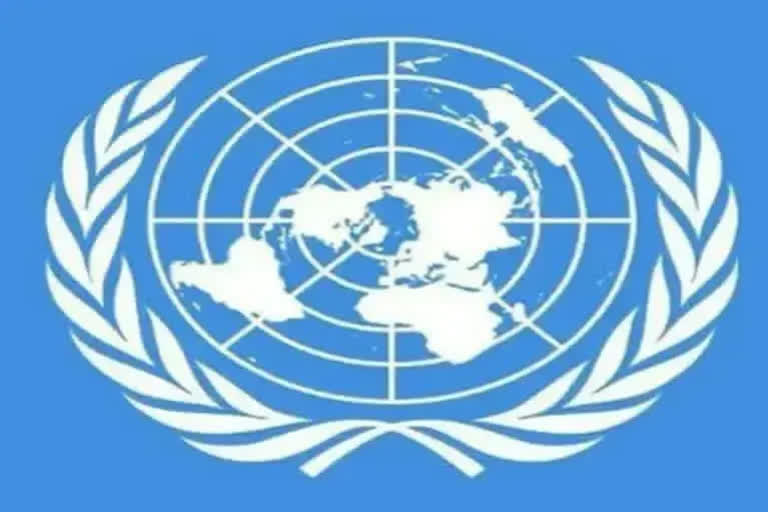United Nations: The U.N. General Assembly adopted a resolution Friday condemning all forms of sexual and gender-based violence and urging all countries to provide victims and survivors access to justice, reparations and assistance. The resolution, co-sponsored by Sierra Leone and Japan, was adopted by consensus after votes were held on four amendments attempting to water down its language. All four were defeated by a more than 2-1 margin.
Sierra Leone's foreign minister, David Francis, who introduced the resolution, cited U.N. World Health Organization estimates that 35% of women worldwide — about 1.3 billion — are survivors of sexual violence. He called the resolution, titled "International cooperation for access to justice, remedies and assistance for survivors of sexual violence," a "significant first step" to "address the scourge of sexual violence."
"Our focus is to increase cooperation to eliminate sexual violence and step up the international response to support victims and survivors," Francis said. One amendment would have eliminated a reference to "intimate partner violence" in expressing grave concern that domestic violence "remains the most prevalent and least visible form of violence against women of all social strata in the world."
Two of the amendments would have gotten rid of references that recognize "the particular risk of sexual and gender-based violence faced by all those who suffer multiple and intersecting forms of discrimination." The fourth amendment would have eliminated language from a previous General Assembly resolution urging countries to protect women's sexual and reproductive health and reproductive rights, including by strengthening health systems "that make universally accessible and available quality, comprehensive sexual and safe and effective methods of modern contraception, emergency contraception, prevention programs for adolescent pregnancy."
Nigeria introduced the amendments and many Middle East countries supported them, as did Russia, China, Malaysia, Nicaragua and others. Several countries claimed the language on sexual and reproductive health and reproductive rights would permit abortions. In the end, the original resolution, which was overwhelmingly supported by Western nations and many other countries, was adopted without any changes and included all the language the amendments' supporters sought to strip out.
Unlike Security Council resolutions, General Assembly resolutions are not legally binding but they do have clout and reflect global opinion. Czech Ambassador Jakub Kulhanek, speaking on behalf of the 27-member European Union, welcomed the resolution's adoption. It came three years after the EU hosted a first U.N. town hall for survivors of sexual violence that called for the General Assembly to adopt a resolution "on the human rights of survivors"
"Beyond the trauma itself, survivors are too often faced with unacceptable barriers in their access to assistance, justice, and reparations," Kulhanek said. Unfortunately, he said, the pushback on gender equality and women's rights that Secretary-General Antonio Guterres warned about two years ago was at work during negotiations on the resolution.
Nonetheless, he said the resolution outlines concrete actions all countries should take and also recognizes the need to combat conflict-related sexual violence "Any attempt to go back on human rights is unacceptable," Kulhanek said. "Women's rights are human rights. ... Discrimination fuels violence. To ban violence, we must ban all forms of discrimination." (AP)




